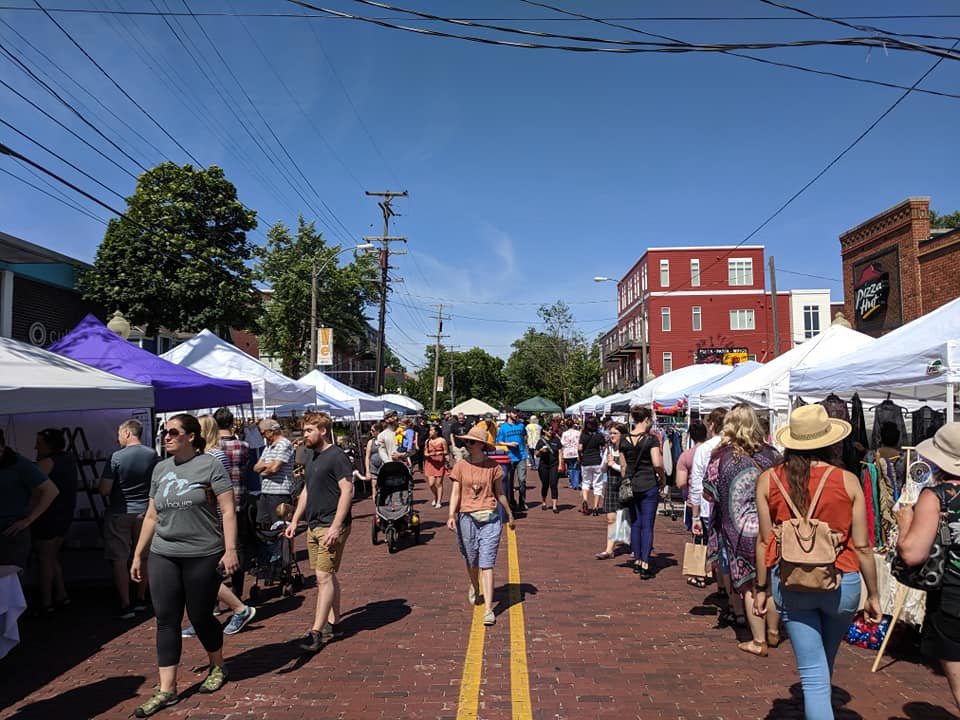
Neighbors are our greatest asset.
We want to make sure you have the tools to live and grow together.
-
So You Have an Issue.
We live in a dense neighborhood which means that interacting with our neighbors is both a reality and a necessity. Just like in any type of relationship, conflict is a natural part of our growing process.
Whether you are upset about late-night noises or concerned about potential code violations, we want to help you resolve issues and maintain productive relationships with your neighbors!
-
Talk It Out.
The first step to resolving any conflict is to be proactive. The best way to be proactive is to try and work on your relationship before a conflict arises. When new neighbors move in, introduce yourself and get to know who you will be living next to! This is a great time to exchange information in case of emergencies.
When conflicts do arise, we highly recommend confronting the issue earlier rather than later. We have an entire article below with tips and reminders to help you have these conversations and keep things civil.
-
Call In the Experts.
If conversations with your neighbors have not resulted in a mutual solution, we recommend reaching out to the Dispute Resolution Center of West Michigan for expert assistance.
The Dispute Resolution Center of West Michigan formed in 1986, brings peaceful resolution to conflict by providing expert and affordable mediation and training services for civil mediation. They provide divorce mediation, employment mediation, parenting mediation, restorative practices and justice mediation, special education mediation, agriculture mediation, and stay married mediation as well as various trainings throughout the year.
You can call them at 616.774.0121 or email them at info@drcwm.org. One of their program managers will reach out to you and your neighbor to talk about the process and see if it is right for both parties.
-
Next Steps.
If the tips and tools we have listed above are not working with your neighbor, there are additional steps you can take to address ongoing issues.
If the property is a rental, rental management information is available through the City's inspection and enforcement portal. Type in the address, select that you are looking for rental certifications, and the manager/owners will be listed on the certificate. You can then connect with the property manager to see if there are ways to work through the issue.
If the conflict becomes aggressive or unsafe, please document the situation and report the incident to GRPD. In the event of an emergency, call 911. For reporting an incident (but there is no need for an officer to come to your location) we recommend calling the non-emergency line at 616-456-3400.Calling the police or filing a code complaint should only be done as a last resort after you have tried to communicate with your neighbors.
How Can You Resolve Conflict with Your Neighbors?
By Christine Gilman, Dispute Resolution Center of West Michigan
Positive interactions of getting to know your neighbors is a great way to stop a conflict before it happens.
Odds are, you are kinder and more open to mistakes and quirks of those you know.
This is just one reason to get to know your neighbors. Not to mention that people who study happiness tell us that human connections are vital to happiness. So, what does that really entail?
Here are some suggestions for positive steps for getting to know your neighbors:
Smile and say hello
Introduce yourself and learn your neighbors’ names. Greet them when you are coming and going.
Listen
So often we spend the time we are not talking thinking of the next thing we want to say, focus on really listening to what your neighbor has to say.
Share
Keep your neighbors informed and let them know of upcoming happenings. For instance, are you considering cutting down a tree, getting a new puppy, building a fence, or anything else that might affect them? Have a conversation with your neighbors before committing to the change. Avoid social media as a form of communication where possible. Things can be so easily misunderstood virtually.
Talk to them about common things
You may find that they have some helpful tips or suggestions.
Be aware of differences
Age, race, cultural background, political affiliation, and any number of things might be different, but what do you have in common? The more you communicate, the more you will discover what you share and learn to appreciate what is different.
Be considerate of the view
How might your chickens, compost pile, extra car, children’s toys look from your neighbors’ home?
Be thankful
Acknowledge and appreciate things your neighbors do! Whether it is shoveling your walk or hosting your children for the afternoon.
Assume the best
Just because your neighbor’s behavior affects you negatively, it does not mean they did it on purpose! Express how it affected you.
What if you are already involved in a conflict?
Remember that conflict is inevitable, but combat is optional.
First, assume positive intentions and be calm. Take a breath, take a moment, especially if you want to scream!
Refrain from asking the usual WHY??? Instead, ask curiously what happened? Remember that conflicts are hardly ever completely one person’s fault. Consider if you play a part in what happened; are there actions that you are willing to take responsibility for?
Think about the past and the present with hopes of moving to a more cooperative future.
The basic questions we use in circles when processing a conflict are:
What happened?
What were you thinking at the time?
What have you thought about since?
Who has been affected by what you have done and how?
What do you think you need to do to make things right?
Take your time and be willing to try more than once.
Chances are that if this is something that developed over time, it will take some time to repair.
Try not to make negative assumptions. Often times, we don’t really know what he, she, or they are thinking.
Try to let others come to their own decisions. If you are anything like me, you do not like to be told what you should do!
If these tips do not work, or if there is something more complicated happening, do not hesitate to get help.
The Dispute Resolution Center of West Michigan was created over 30 years ago for just this purpose!
Call us at 616.774.0121 or email us at info@drcwm.org. One of our program managers will reach out to you and your neighbor to talk about the process and see if it is right for both parties.
